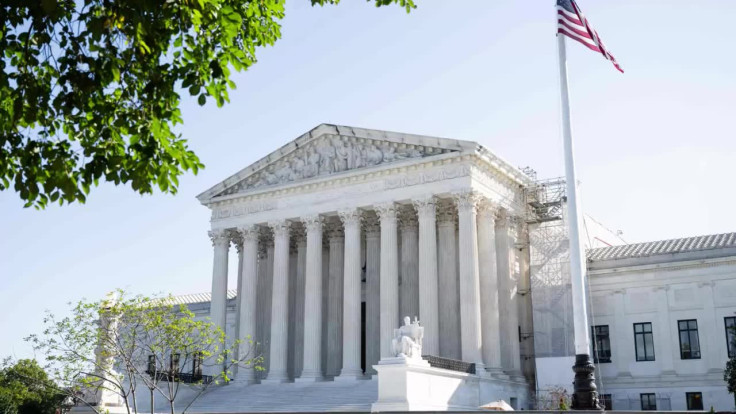
The Supreme Court ruled on Friday that the Trump administration must give more time to Venezuelans to challenge intended deportations under the Alien Enemies Act, dealing a new blow to its intention to remove alleged gang members.
In a 7-2 decision, the high court said detainees must have a proper chance to legally question the decision. The ruling comes after a group of Venezuelans detained in Texas challenged their deportation after being notified about it 24 hours in advance.
"Under these circumstances, notice roughly 24 hours before removal, devoid of information about how to exercise due process rights to contest that removal, surely does not pass muster," reads a passage of the ruling, as reported by NBC News.
However, the Supreme Court also noted that the justices are "far removed from the circumstances on the ground" and decided that an appeals court should determine the process to be followed.
The ruling did not determine whether the Trump administration is allowed to use the wartime Alien Enemies Act to deport alleged gang members, saying it merely decides "that the detainees are entitled to more notice than was given on April 18."
The government, in turn, argued that the group posed a safety risk and should be removed quickly. Solicitor General D. John Sauer pointed to a recent incident at Bluebonnet Detention Facility, where 23 detainees allegedly barricaded themselves in a housing unit and threatened to take hostages. ICE official Joshua Johnson said the situation endangered staff and other detainees and led to the group being transferred to a higher-security facility.
Sauer argued that the migrants had been given enough time to challenge their removal in court but hadn't done so, and that further delays could make it harder to enforce immigration laws.
Several Venezuelan migrants deported under the AEA have been sent not to their home country, but to El Salvador, some being held in CECOT—a maximum-security prison built to detain suspected gang members. Human rights groups say many were never formally charged with crimes and were targeted based on tattoos or unverified claims.
© 2025 Latin Times. All rights reserved. Do not reproduce without permission.





